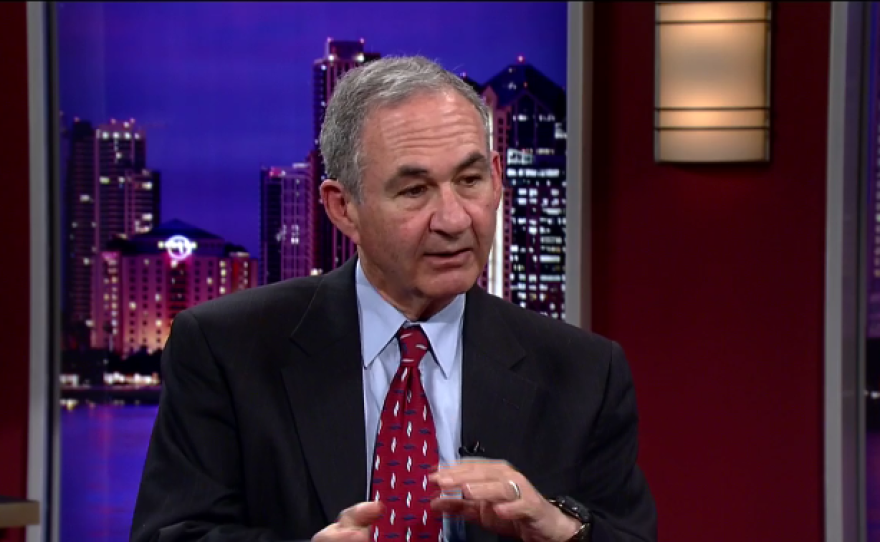Scripps researchers have found that eight of the most commonly prescribed sleeping pills significantly increase the risk of cancer and death.
A five year study of nearly 40,000 patients found adults who take as few as 18 prescription sleeping pills a year have a four times higher risk of death from cancer than people who do not take sleep medication.
In addition, researchers said they were surprised to find a 32 percent increase in cancer cases among nightly sleeping-pill users.
Daniel F. Kripke, M.D., of the Viterbi Family Sleep Center at Scripps Health in San Diego, authored the study.
He compared the health risks of nightly sleeping pills to smoking.
“Taking a sleeping pill every night is associated with the same ballpark mortality as smoking a pack of cigarettes a day,” said Kripke.
But, that doesn’t mean you should abruptly stop taking prescription sleep medication, he added.
“Talk to your physician before you stop taking medication. The good news is there are things you can do that are without health risk in order to sleep better,” he said.
Kripke lists these top three tips for medication-free sleep:
-- Wake up at the same time every day, regardless of what time you went to sleep.
-- Go to bed only when you are tired and stay up until you are.
-- Get out of bed and the bedroom if you are not sleeping.








